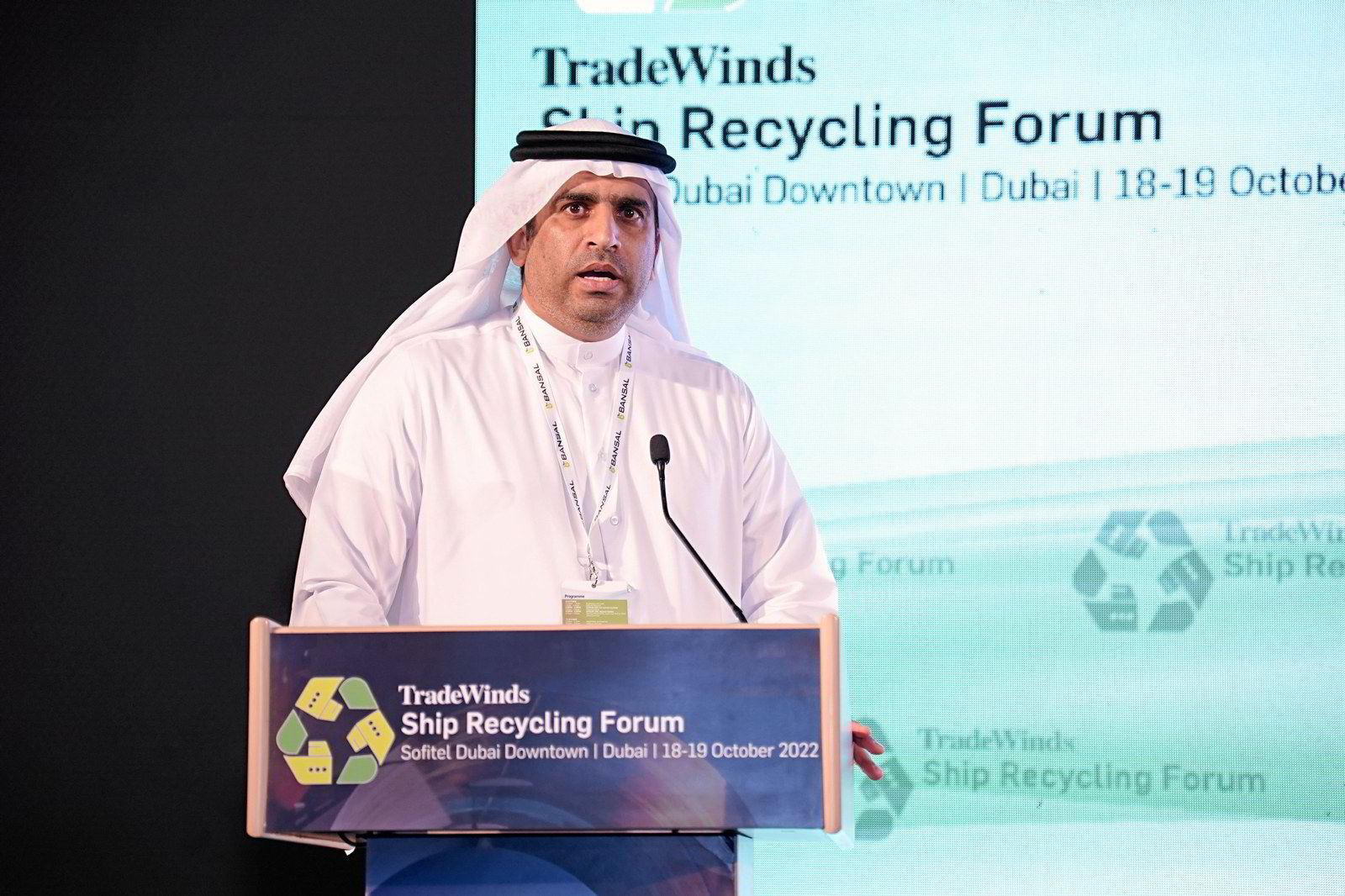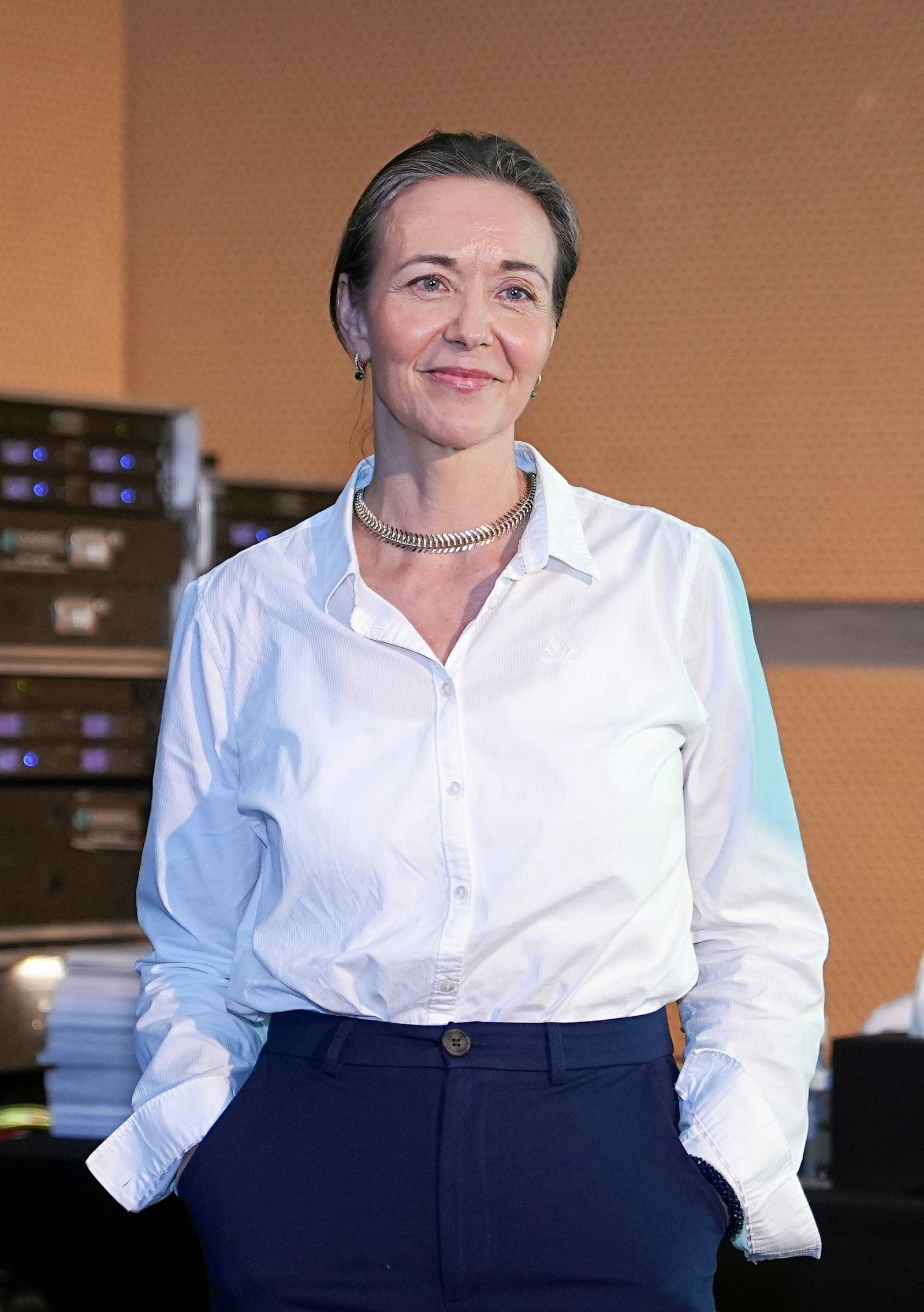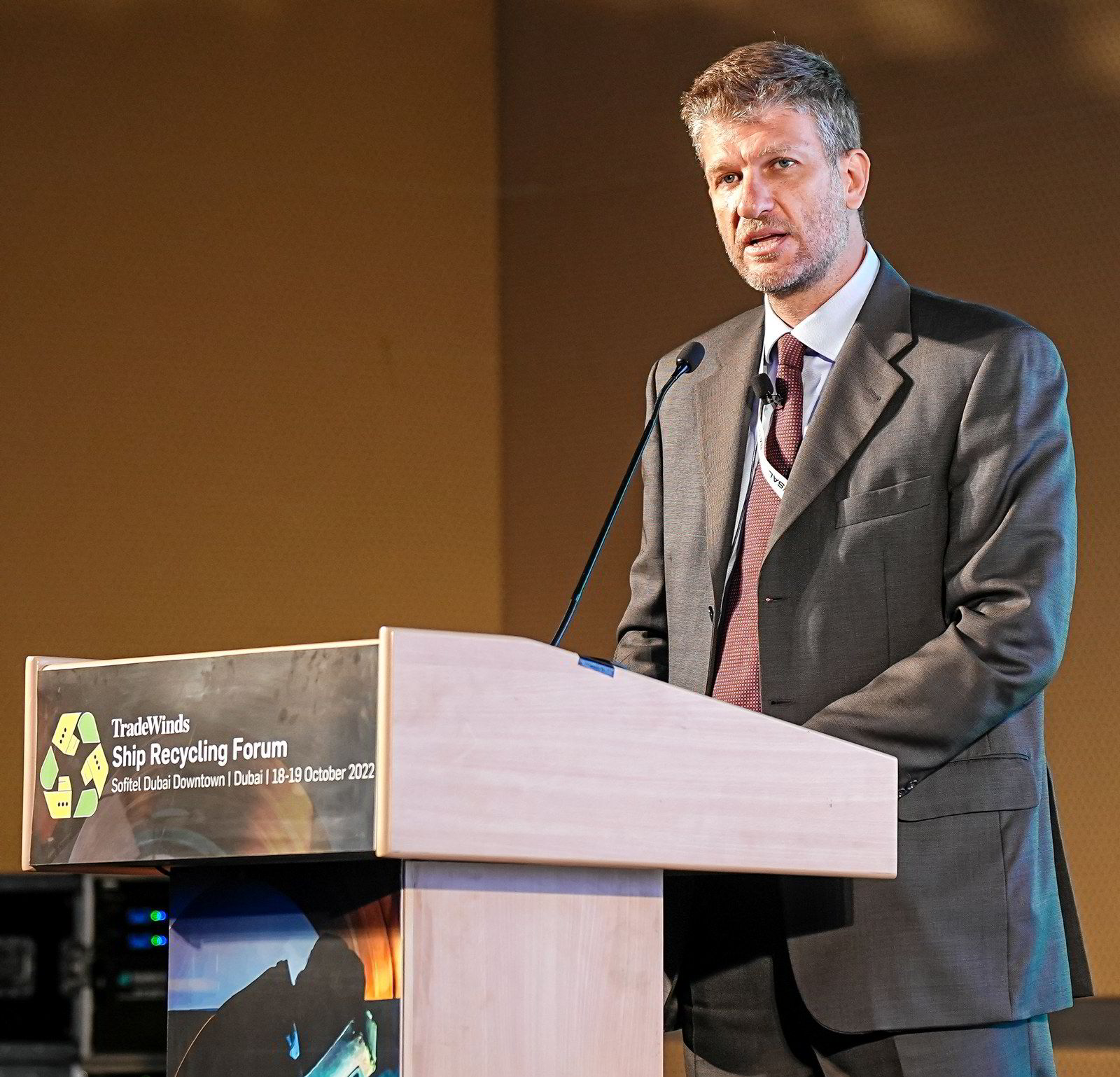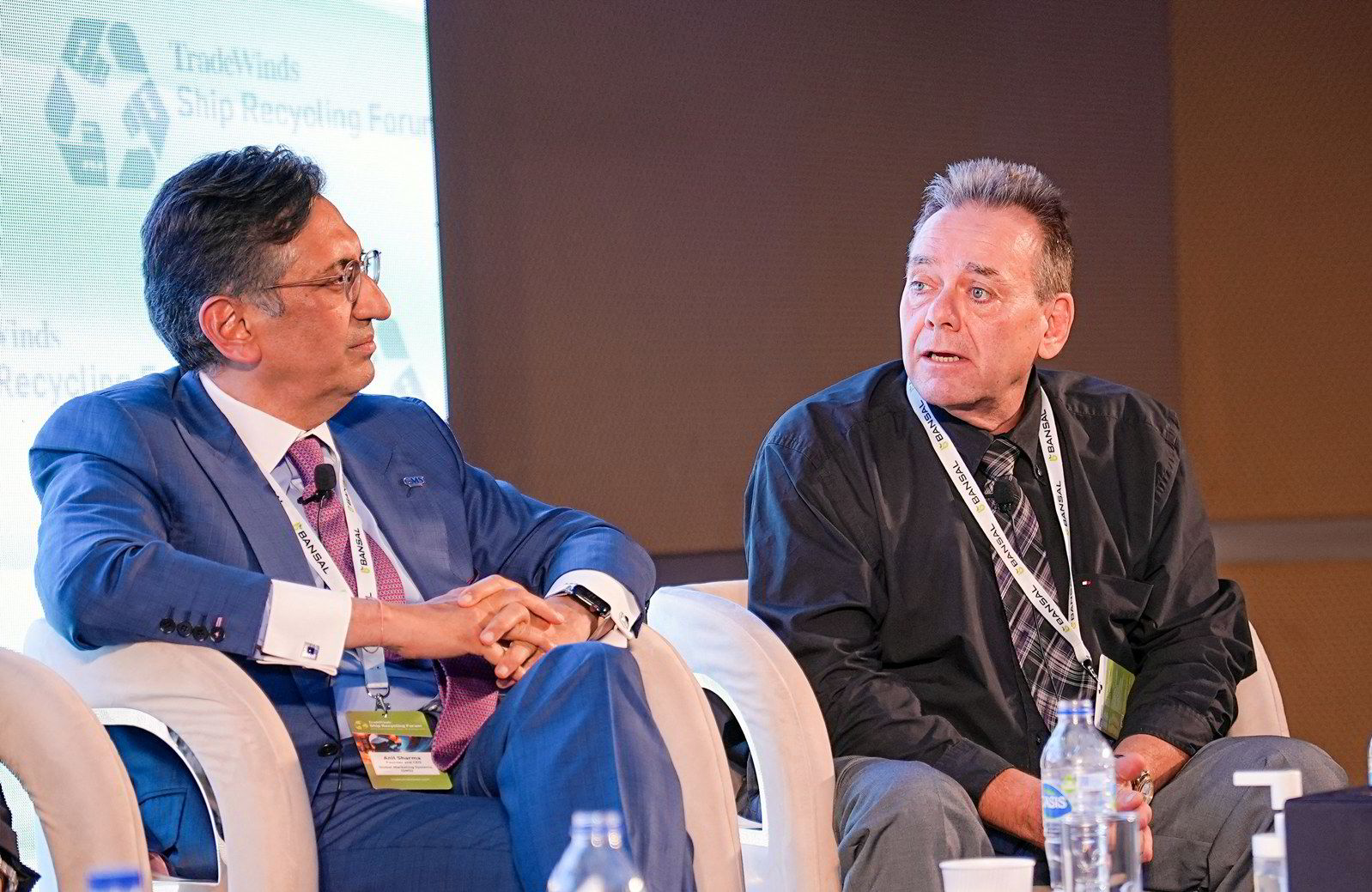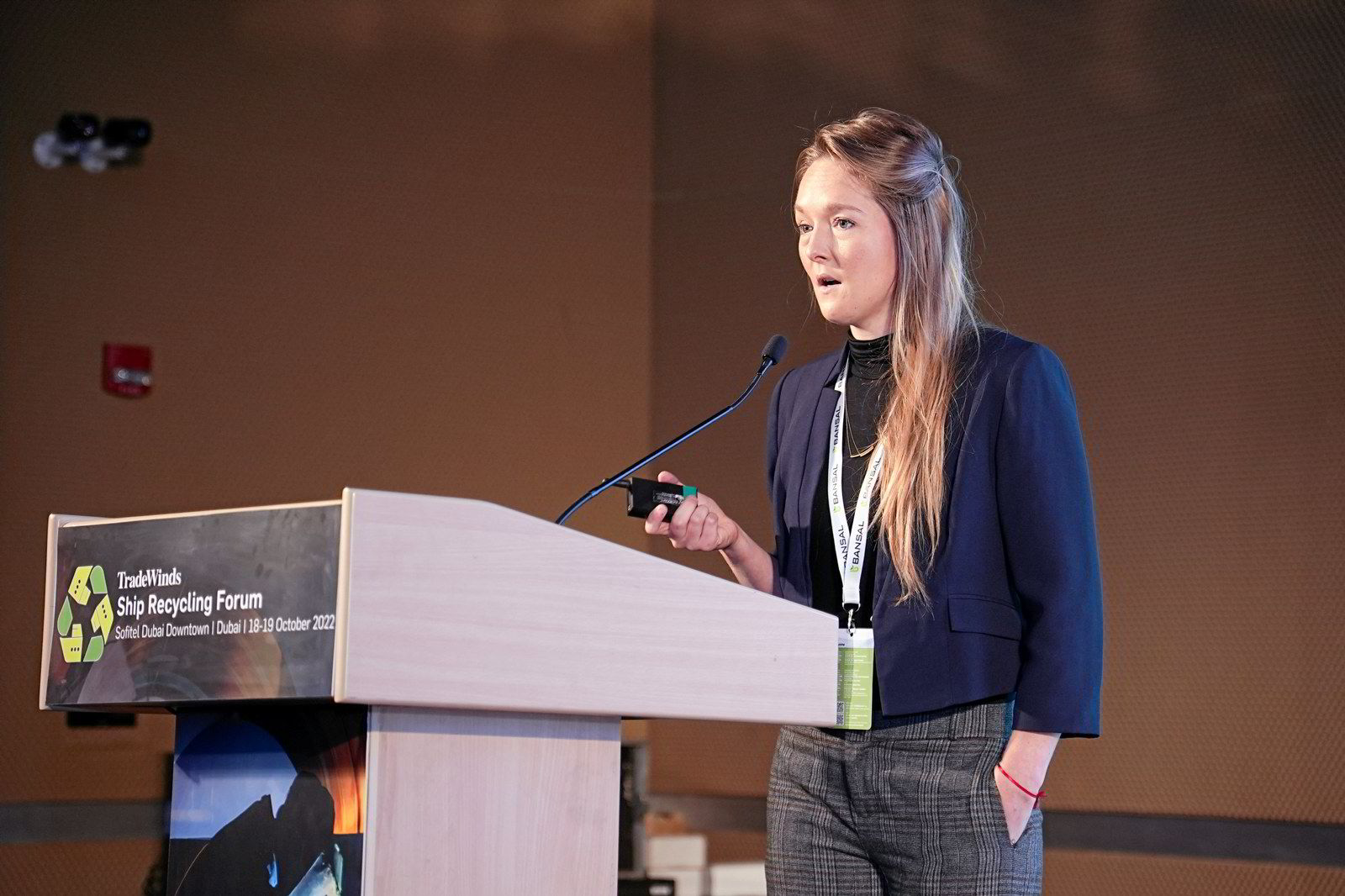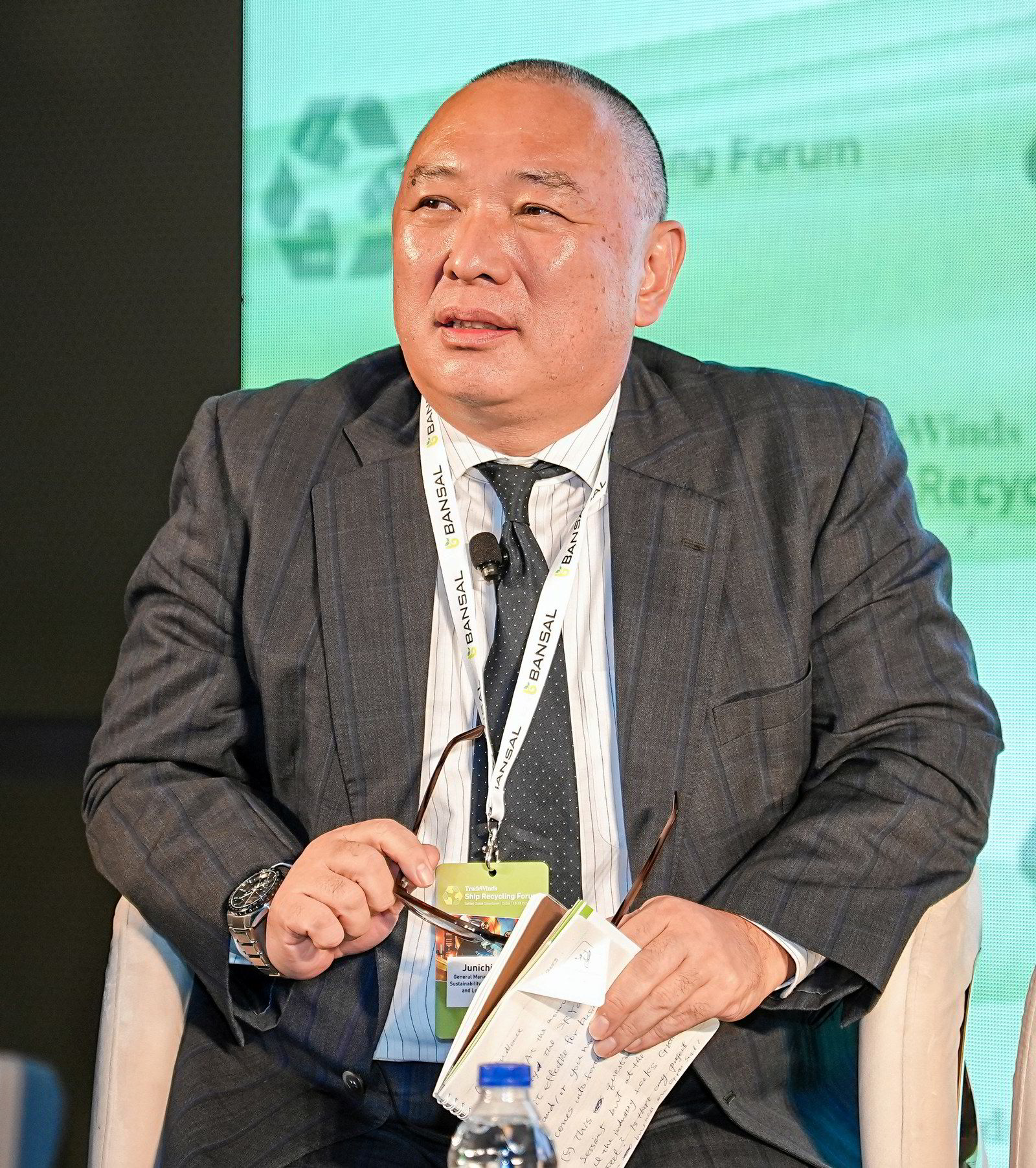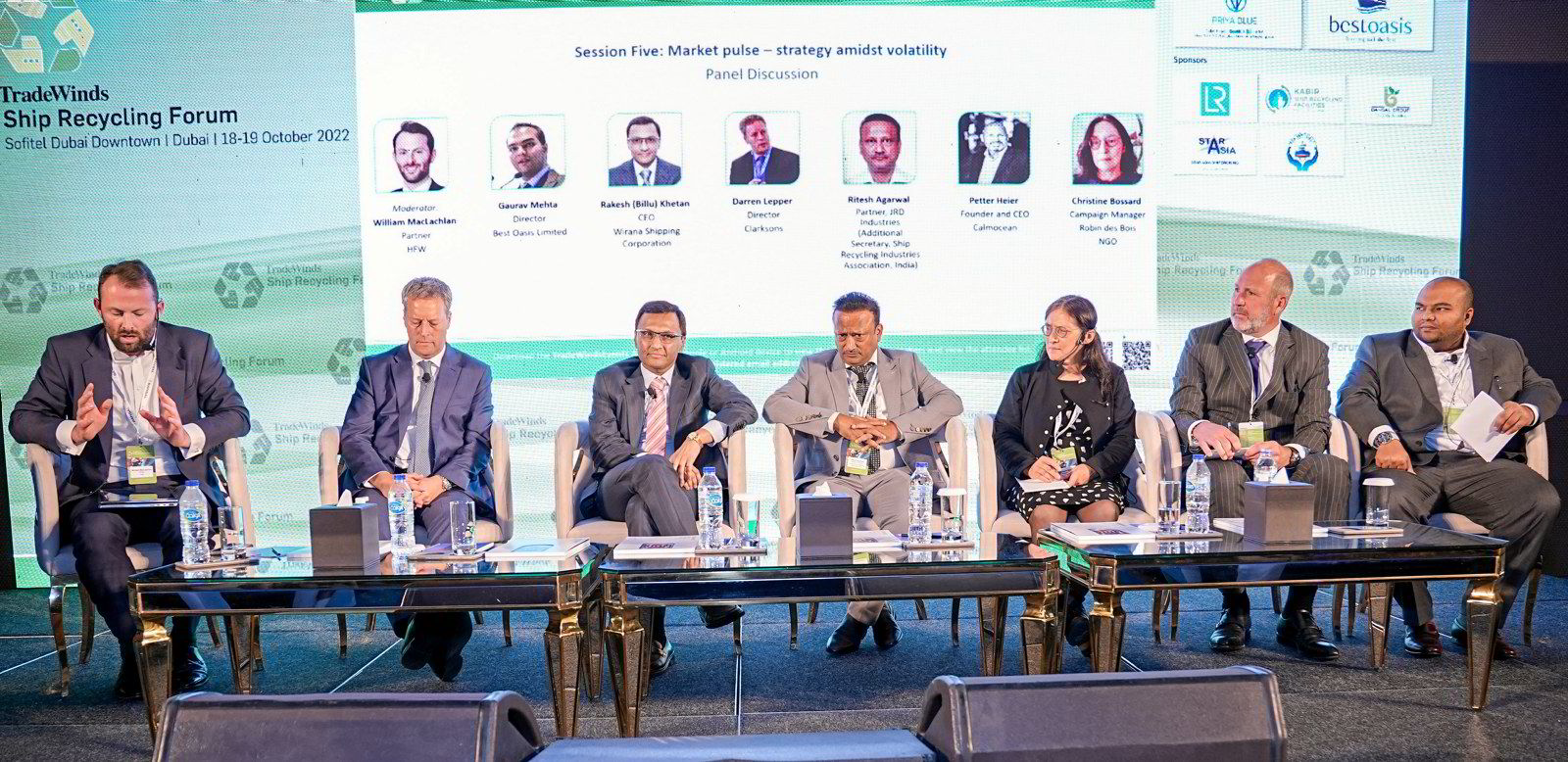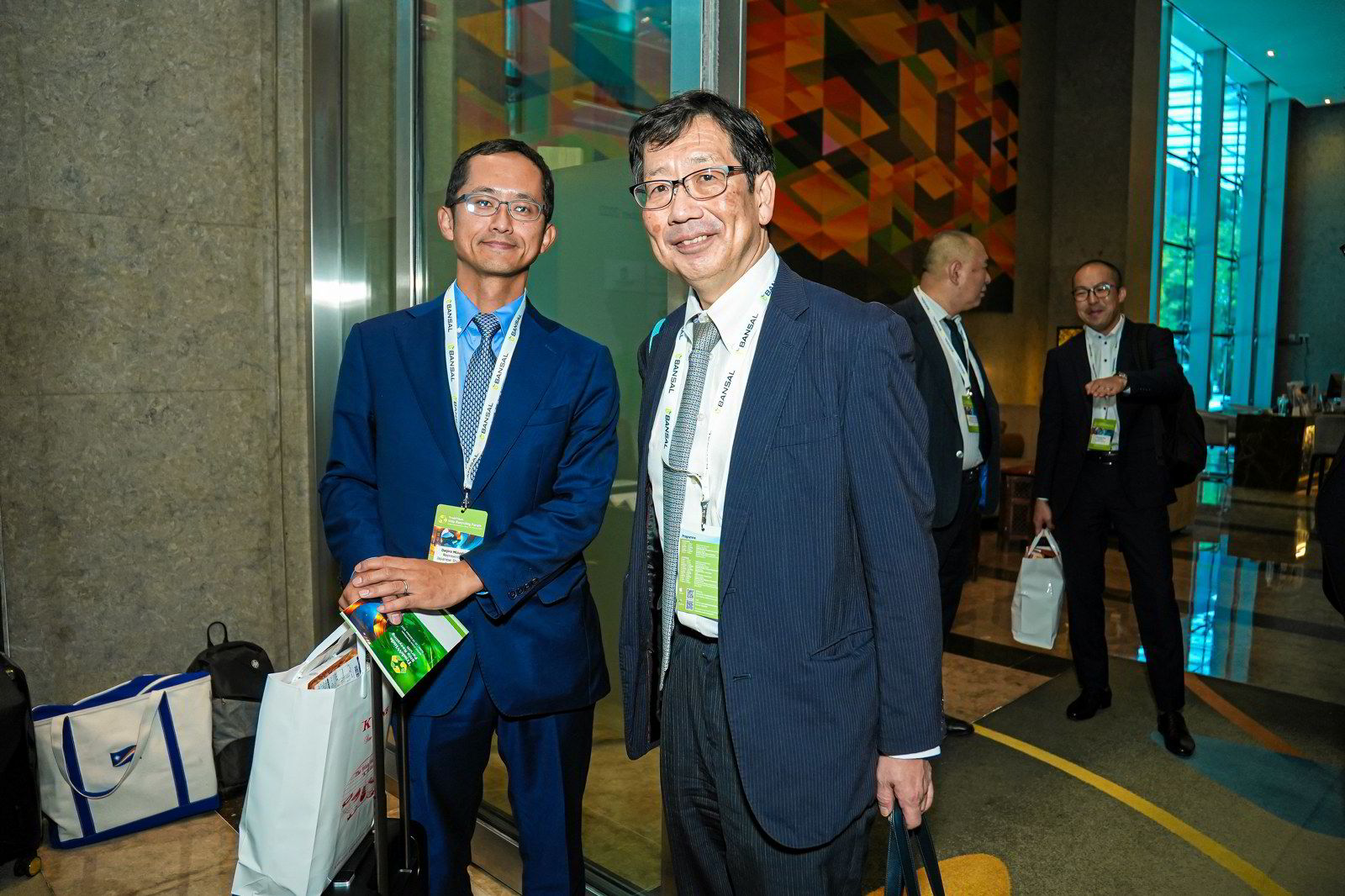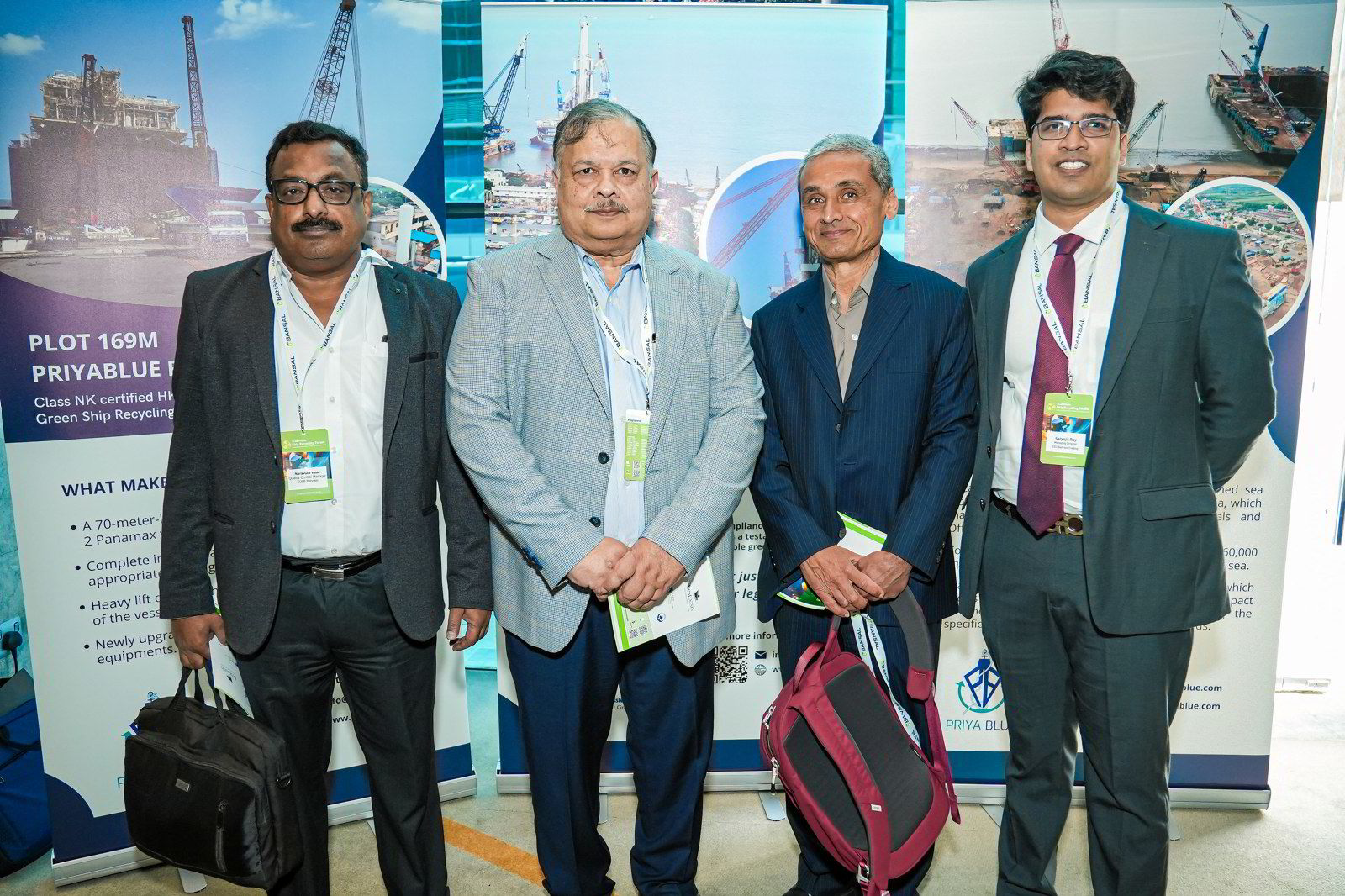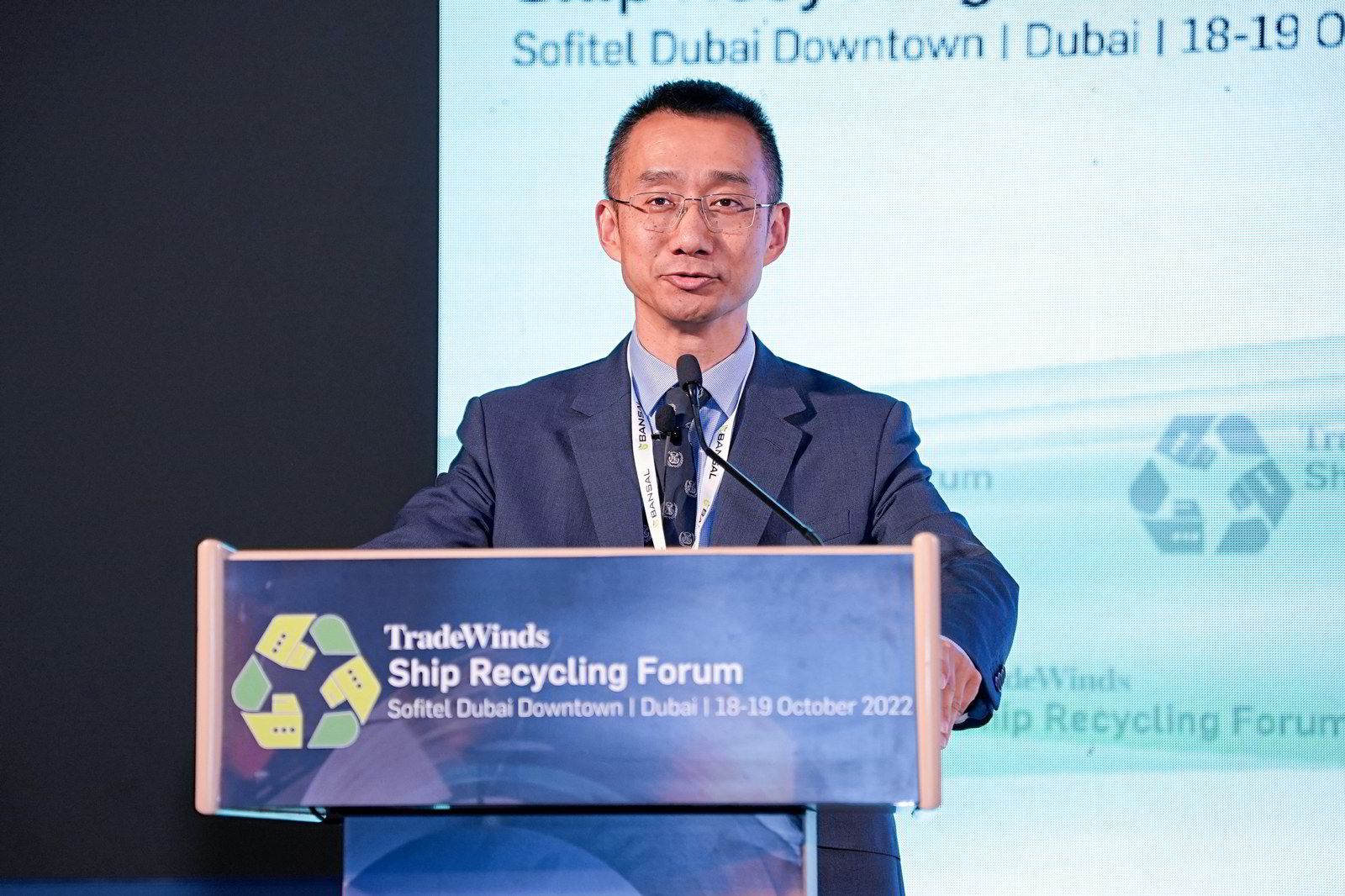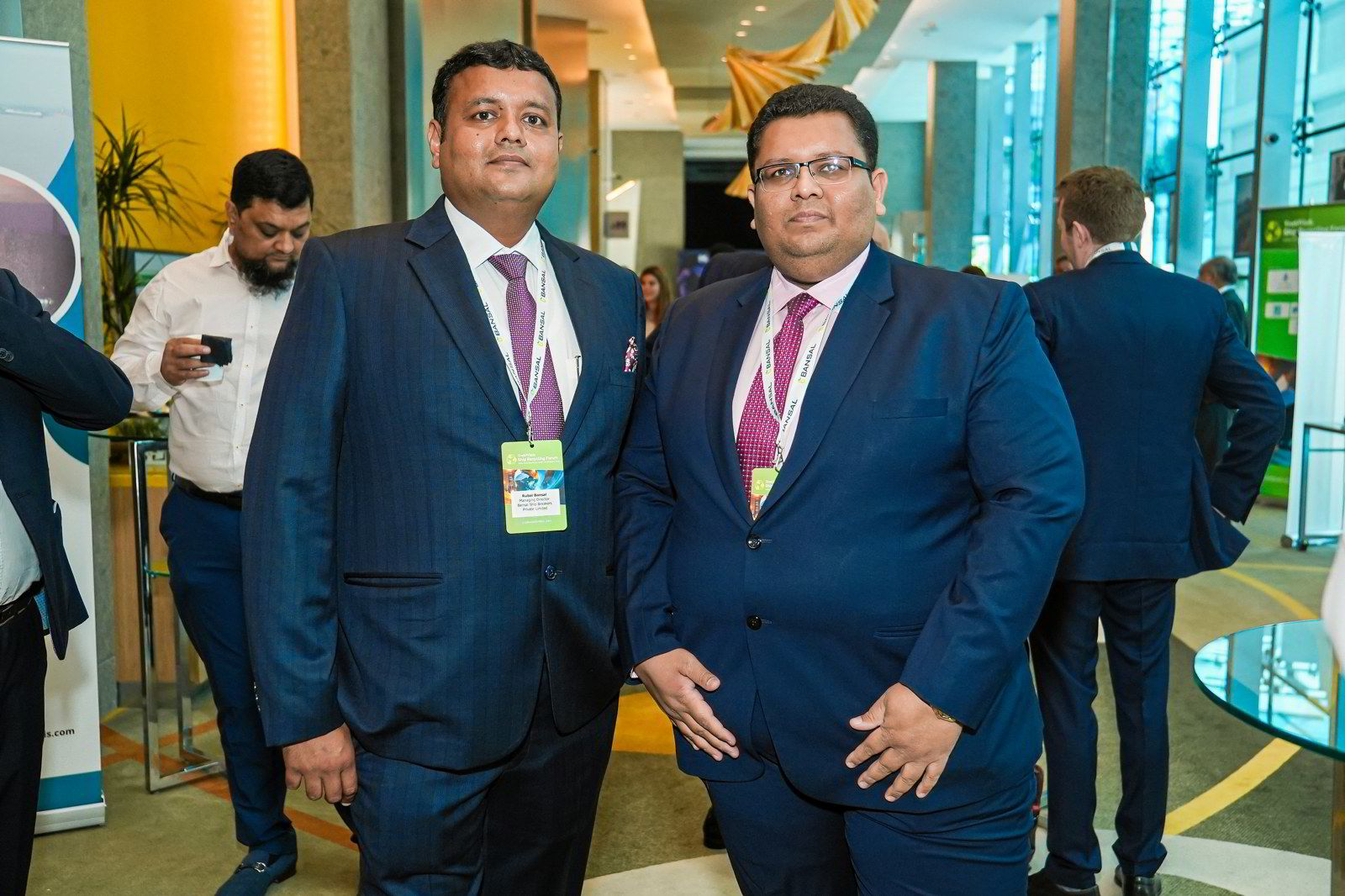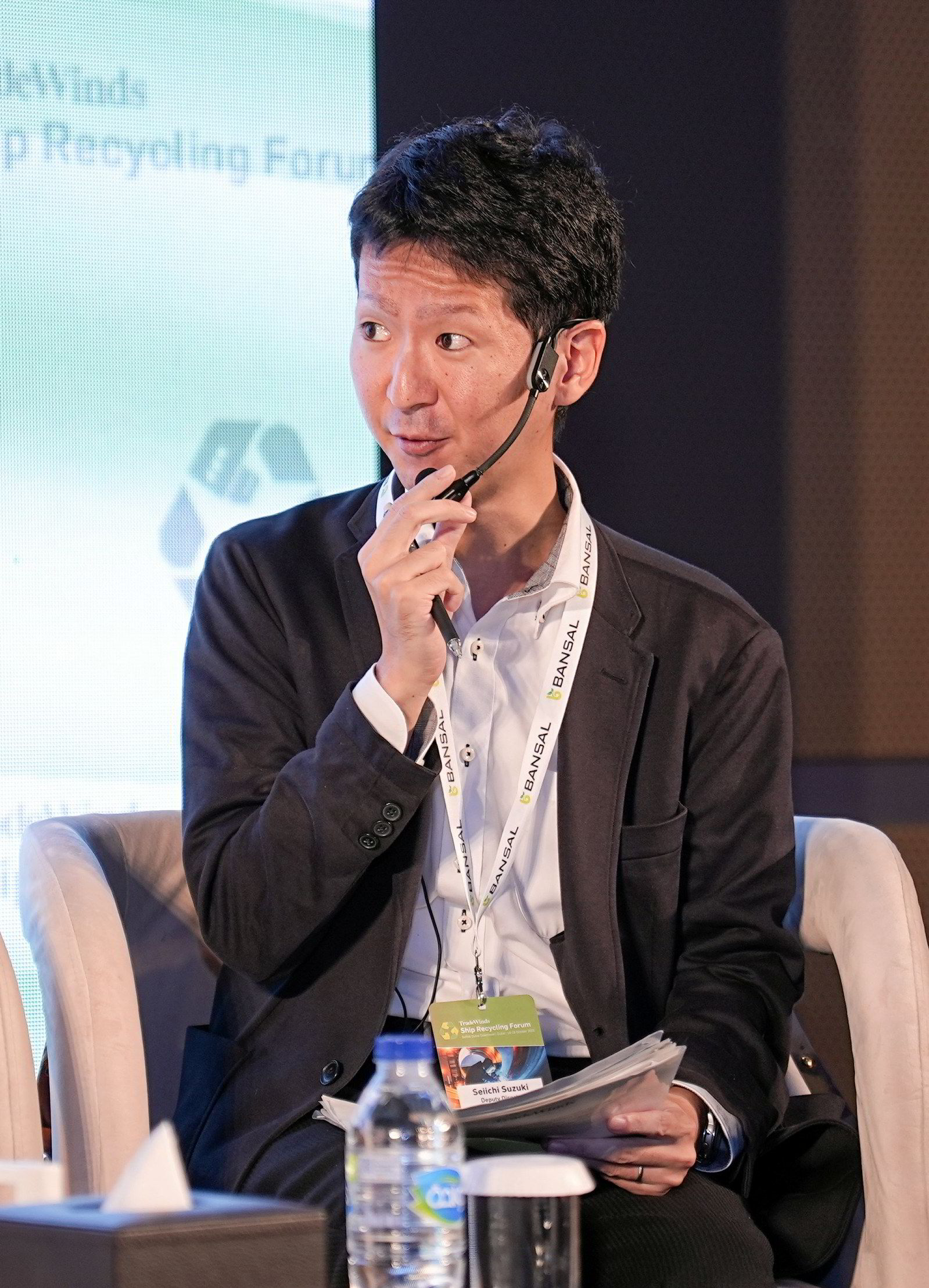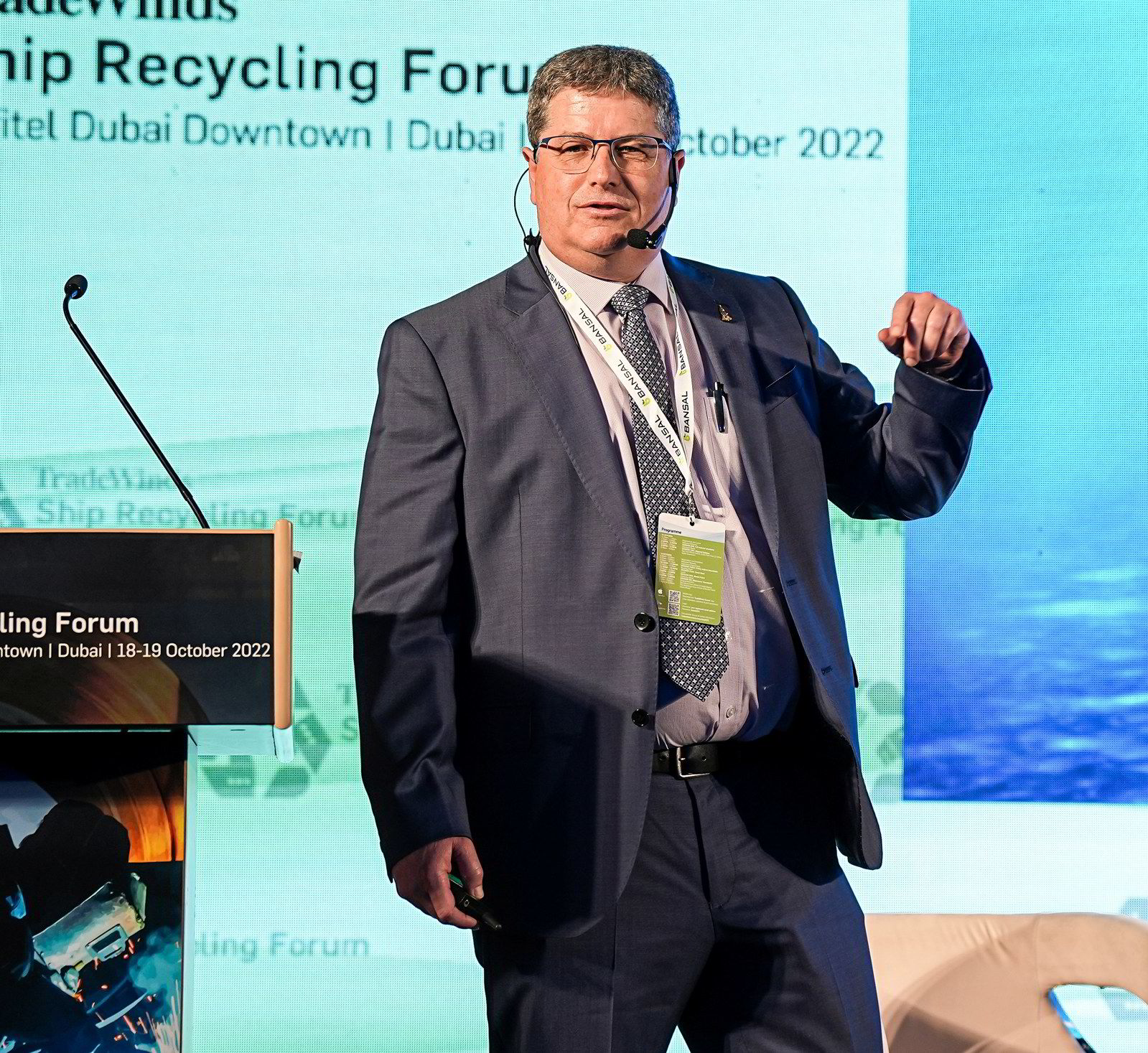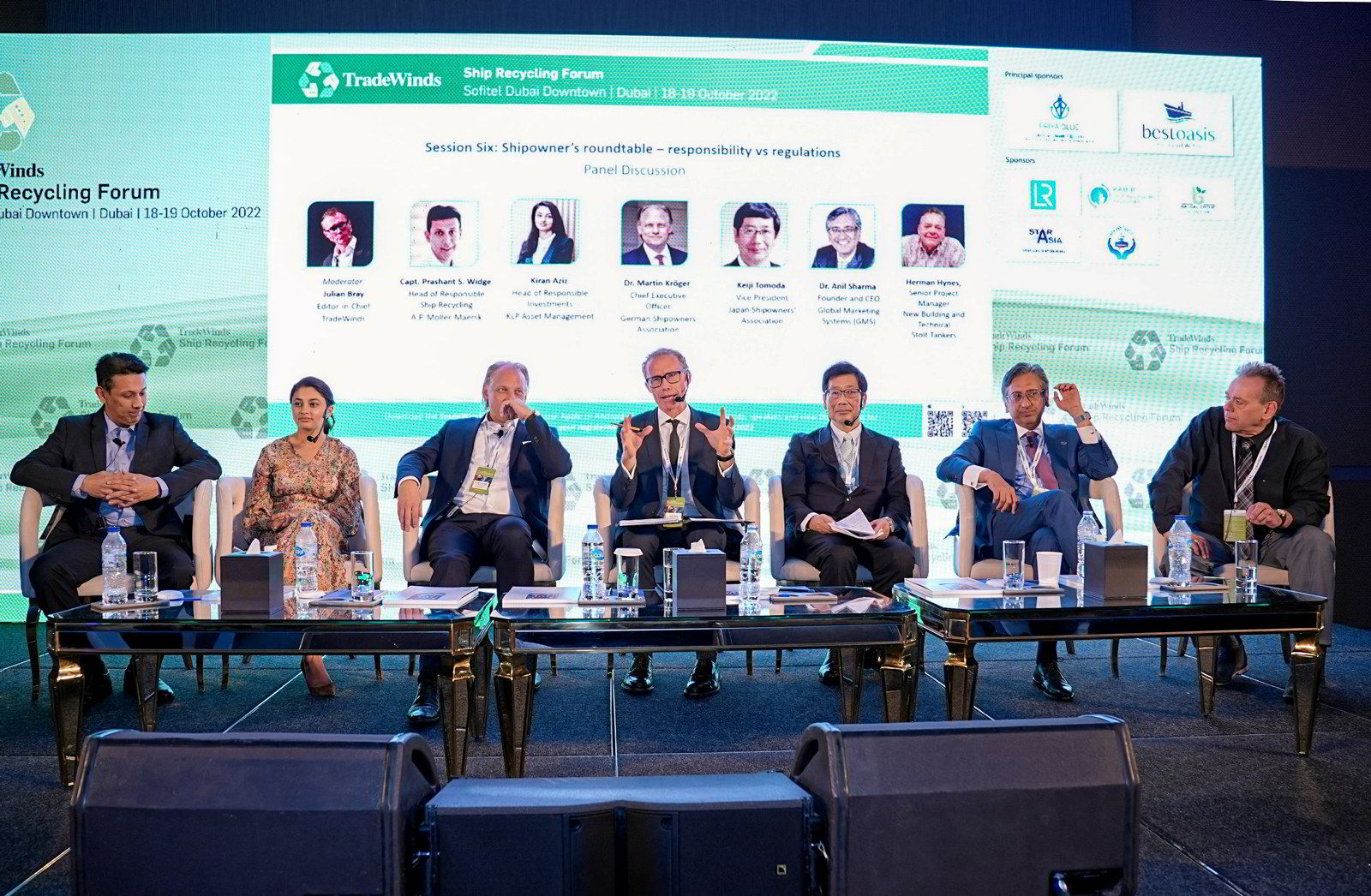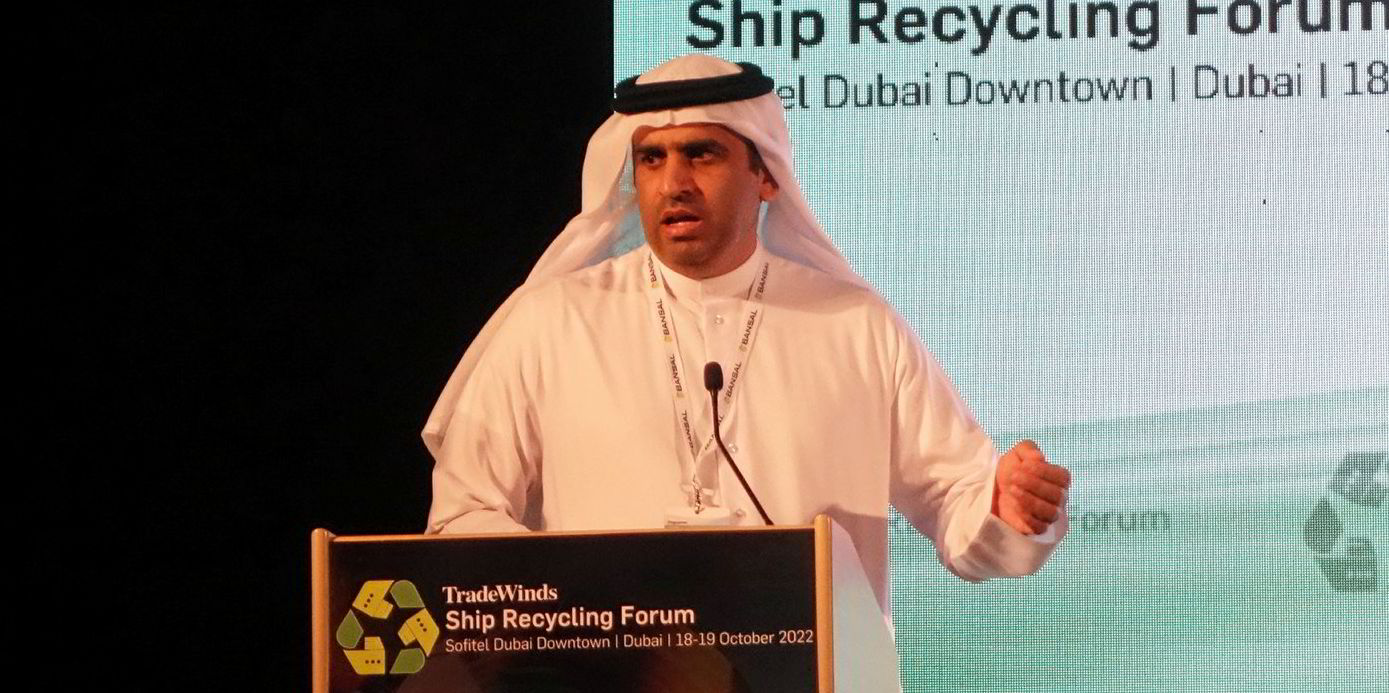More than 10 years have passed since the Hong Kong International Convention for the Safe and Environmentally Sound Recycling of Ships was signed in May 2009.
But so far it has yet to be ratified by enough International Maritime Organization members with sufficient capacity to allow it to come into force.
The question of why this has yet to happen is one that dominated discussions at the recent TradeWinds Ship Recycling Forum held in Dubai.
To come into force, the Hong Kong Convention requires 15 ratifications, representing 40% of the world merchant shipping by gross tonnage, and on average 3% of recycling tonnage for the previous 10 years.
So far 19 states have ratified the convention, collectively representing approximately 29.3% of the gross tonnage of the world’s merchant shipping, but that falls far short of the market share required, according to IMO data.
The latest to ratify the convention were Luxembourg in July and Sao Tome and Principe in August.
But Greece and China, the world’s two largest shipowning nations, have yet to ratify the convention. Sources familiar with China’s government told TradeWinds on the sidelines of the forum that while the country initially expressed a willingness to ratify the convention, its focus has turned elsewhere.
The consensus amongst speakers and delegates was that ship recycling was a low priority for many governments, when it came to ratifying international conventions.
Captain Abdulla Al Hayyas, the United Arab Emirates’ director of maritime transport, outlined the country’s robust new ship-recycling legislation that matched the European Union in its stringency. But when asked whether the United Arab Emirates would ratify the convention, he said it is one of 50 on a list on conventions the country was aiming to sign. It will take time, he added.
“Having our own legislation will speed up ratification of the Hong Kong Convention, but at the moment we are focusing on our own legislation,” Al Hayyas said.
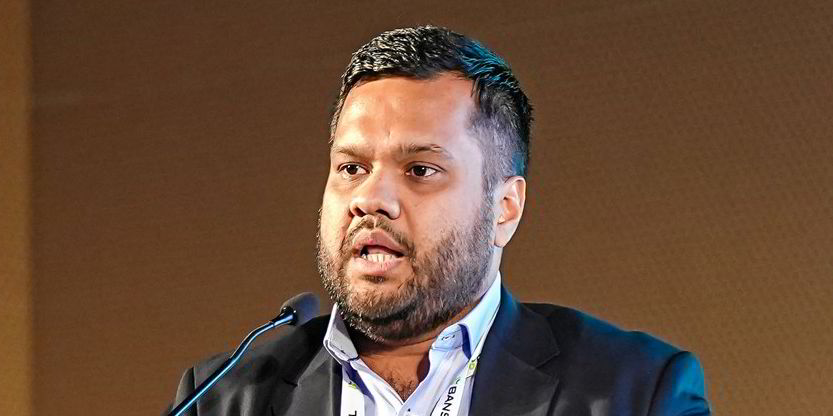
“Just because we don’t sign a convention doesn’t mean we don’t implement it.”
On the ship-recycling front, India has ratified the convention, and Bangladesh has pledged to do the same by 2023.
Mohammed Zahirul Islam, vice president of the Bangladesh Ship Breakers & Recyclers Association and managing director of PHP Ship Breaking & Recycling Industries, told delegates that the process to meet the required standards of the convention was delayed by the pandemic, which prevented international experts from travelling to the country. He said he hopes it could be done in 2023.
Mohammed Mominur Rashid, deputy secretary of Bangladesh’s Ministry of Industries, highlighted that his country’s own ship-recycling legislation introduced in 2018 is similar to that of the convention. But work is still required on the ground at Chattogram before ratification could take place.
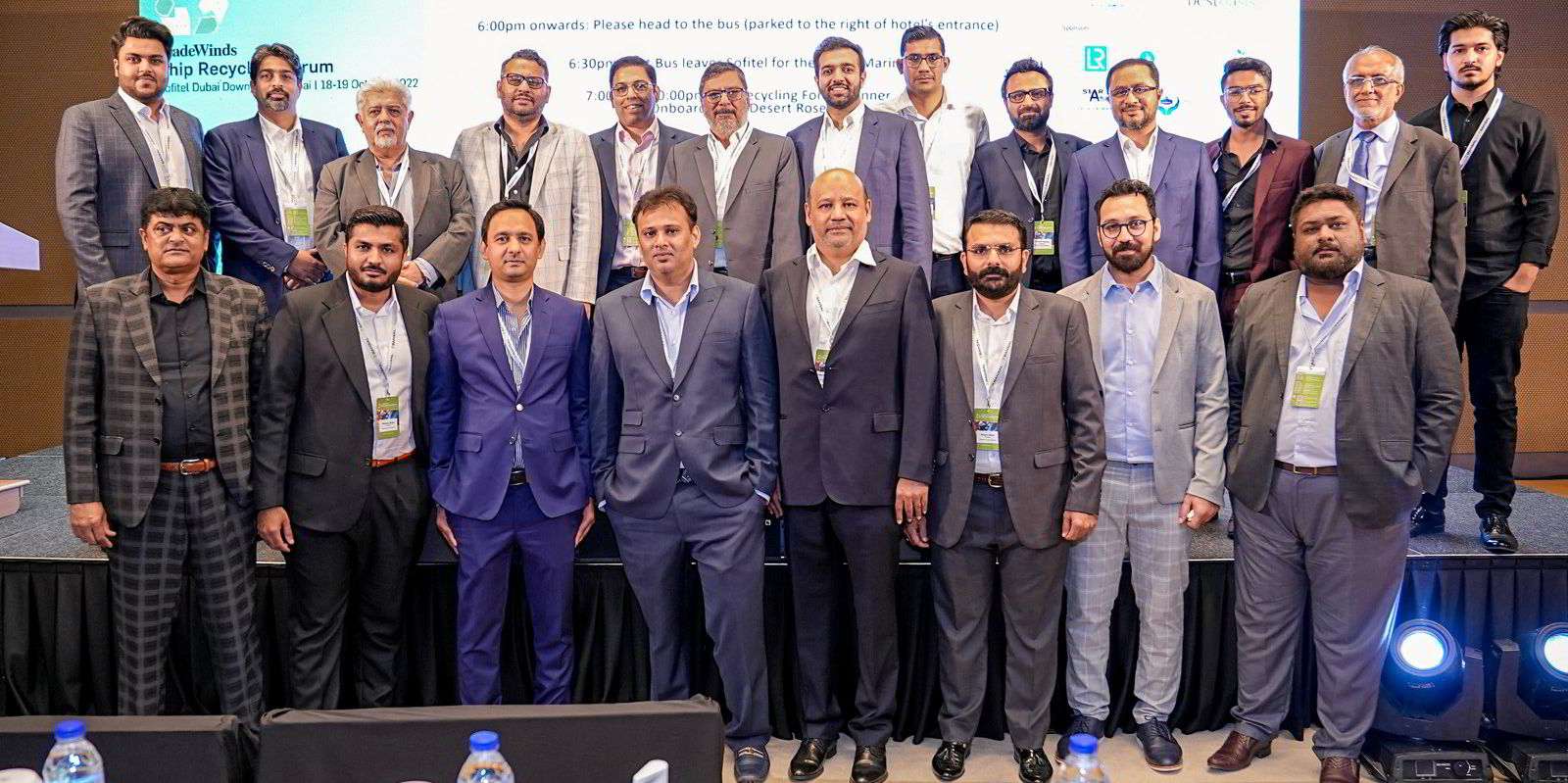
“Bangladesh can ratify tomorrow, but only five yards would be able to buy ships,” he said. “What would the other 55 yards do? The government has to work on behalf of the whole industry.”
Good news on ratification came when Asif Khan, vice president of the Pakistan Shipbreakers Association, told delegates that his country’s government had decided, in principle, to proceed with signing and ratification of the convention.
Khan noted that the government of Pakistan is continuously working on new and more stringent ship-recycling policies and the internal processes for ratifying are expected to begin within the next two to three months.
Industry experts told TradeWinds that with Turkey and India already having ratified, and with Bangladesh and Pakistan committing to do the same, having four of the world’s major ship-recycling nations would be a major step forward for bringing the convention into force.
They said China remains the missing link both on the shipowning and recycling sides. Greece ratifying would also give the convention a major shot in the arm.
Although it is slowly gaining momentum, several experts said the convention needs ratification as quickly as possible.
The longer it takes, the more challenging it will become to meet the requirements that were drafted at its outset, particularly in respect to recycling capacity, which has been in decline since the scrapping peak of 2012, they said.
In the meantime, meeting the convention’s requirements remains voluntary for shipowners and recyclers who are based in, or have vessels flagged by, countries that have not ratified and do not have their own stringent ship-recycling legislation.
